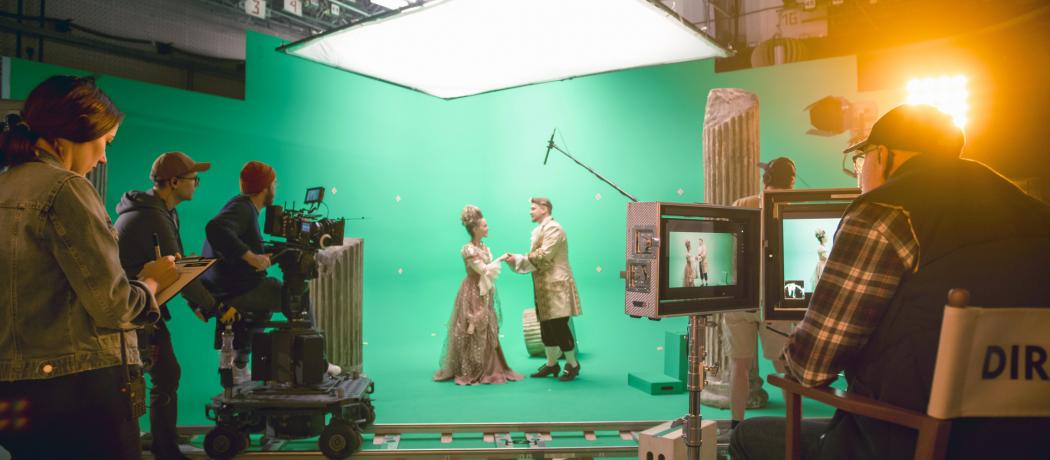I am a cold cut in the middle of a medical sandwich. A sandwich generation that still remembers training with 36-hour-long call shifts, preceptors who thought verbal abuse was an appropriate rite of passage, and where asking for help was considered a weakness. Physicians in the upcoming generation are different. They stop for lunch to refuel because it’s essential, not optional. They recognize that taking a weekend off to go camping instead of doing extra weekend call with their preceptor is appropriate work-life balance, not a sign of laziness. My hope is that other mid-career colleagues, like myself, will recognize the link we provide between old medicine and new medicine and hopefully, in a few generations, physicians will be kinder to themselves and each other instead of eating ourselves for lunch.
But where do we start to improve our workplace environment? In the quality improvement sphere, medicine is oft compared to the airline industry. Another industry to learn from is the movie industry. When my clinic was transformed into an ultra-low-budget movie set earlier this year, I bore witness to the creation of art. Art’s birth is an arduous process—just like the delivery of a baby. On a labor floor, the parents-to-be and the unborn child are the main stars, while there are countless background people who provide ongoing support for the many hours it will take for the new being to emerge from the womb.
Unlike my call shifts on the labor and delivery ward, where working 28 consecutive hours was acceptable and unsupported, on the movie set, support is built in. Even simple things like nourishment. A craft services table was stocked with readily available food. A team member took everyone’s orders for an afternoon Starbucks run. The evening’s “hot” snack was literally hot—a warm hamburger. I couldn’t help but wonder, what would it feel like to work in the emergency room and have someone come around and spontaneously offer me a cold bottle of water? Such a small gesture, but so meaningful. Instead, as a medical student, I counted my pennies to see if I had enough to treat myself to a butter-pecan coffee post call. Or stole a 3-day-old sandwich from the patient snack fridge in emergency because it was 10 p.m., the cafeteria was closed, and I hadn’t eaten all day.
Every aspect on set felt like a dramatic departure from my real life of working in a silo. Medicine, at its core, is a team sport, yet we never practise it like one. A movie set functions best in a synergetic team dynamic. The director and other actors provided in-the-moment feedback on performances so that the next take could be better. Use of our collective wisdom created a better product. There were clear leaders with respectful interplay between the team.
Even as the workday lengthened, the spirit of collaboration continued. People were open and keen to support each other in their crafts. “You’re a writer, here are some podcasts you might enjoy and a sample script you might find helpful.” “You are good at this acting stuff. Have you thought about doing this?” Even if I shone, that didn’t mean that someone else was shining less brightly. Glory was infinite to share.
How do we bring that same spirit of infinite teamwork into medicine? First off, we remove some of the hierarchal barriers so it becomes acceptable and okay for everyone to contribute in whatever way they can in the moment. We take care of each other—that means with rest, nourishment, and kindness. We give constructive, timely feedback in the moment. We lean toward our strengths versus shaming and highlighting weaknesses. Collective success is in our best interest.
We can learn from other industries and start to shift the dynamic in medicine. Fellow sandwich-generation physicians, unite with me; we can bridge the gap toward gentler, team-based medicine.
—Tahmeena Ali, MD, CCFP, FCFP
Tips for team-based medicine
Be aware of our generational biases
Just because that’s the way we were trained doesn’t make it right.
Offer admiration or compliments to team members in the moment
When did anyone stop you to say, “You were really kind to that distressed patient just now.” Or, “Slick IV start in that tough vein!”
Take care of yourself and each other
How about someone randomly offering someone a water bottle or a granola bar? It wouldn’t cost much, but that moment of feeling cared for would be priceless.
Accept and ask for direction
In the moment, ask a colleague for specific ways you could change your performance and do better next time.
This post has been peer reviewed by the BCMJ Editorial Board.
 |
| This work is licensed under a Creative Commons Attribution-NonCommercial-NoDerivatives 4.0 International License. |



Well said Tahmeena. We can all help pave the way to a kinder and more respectful working environment.